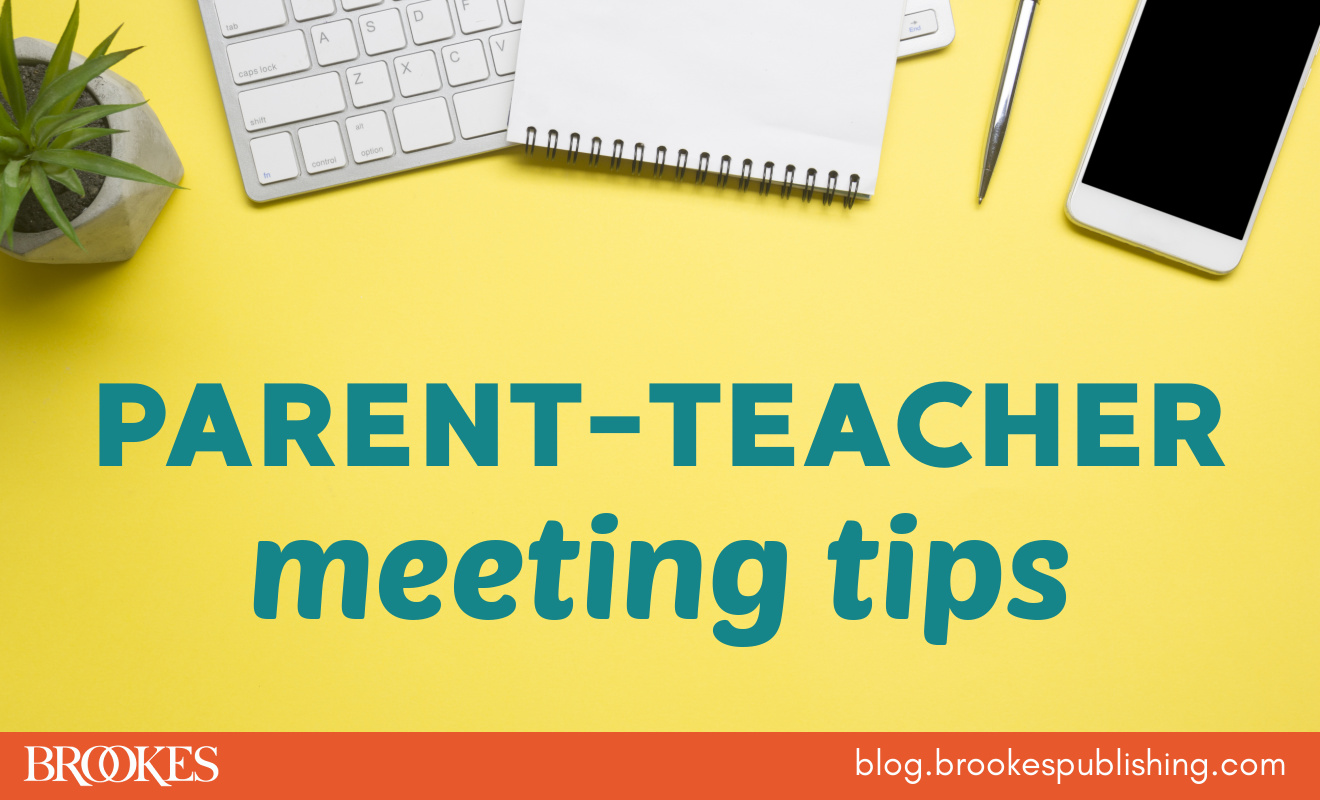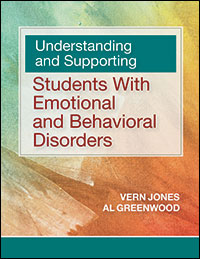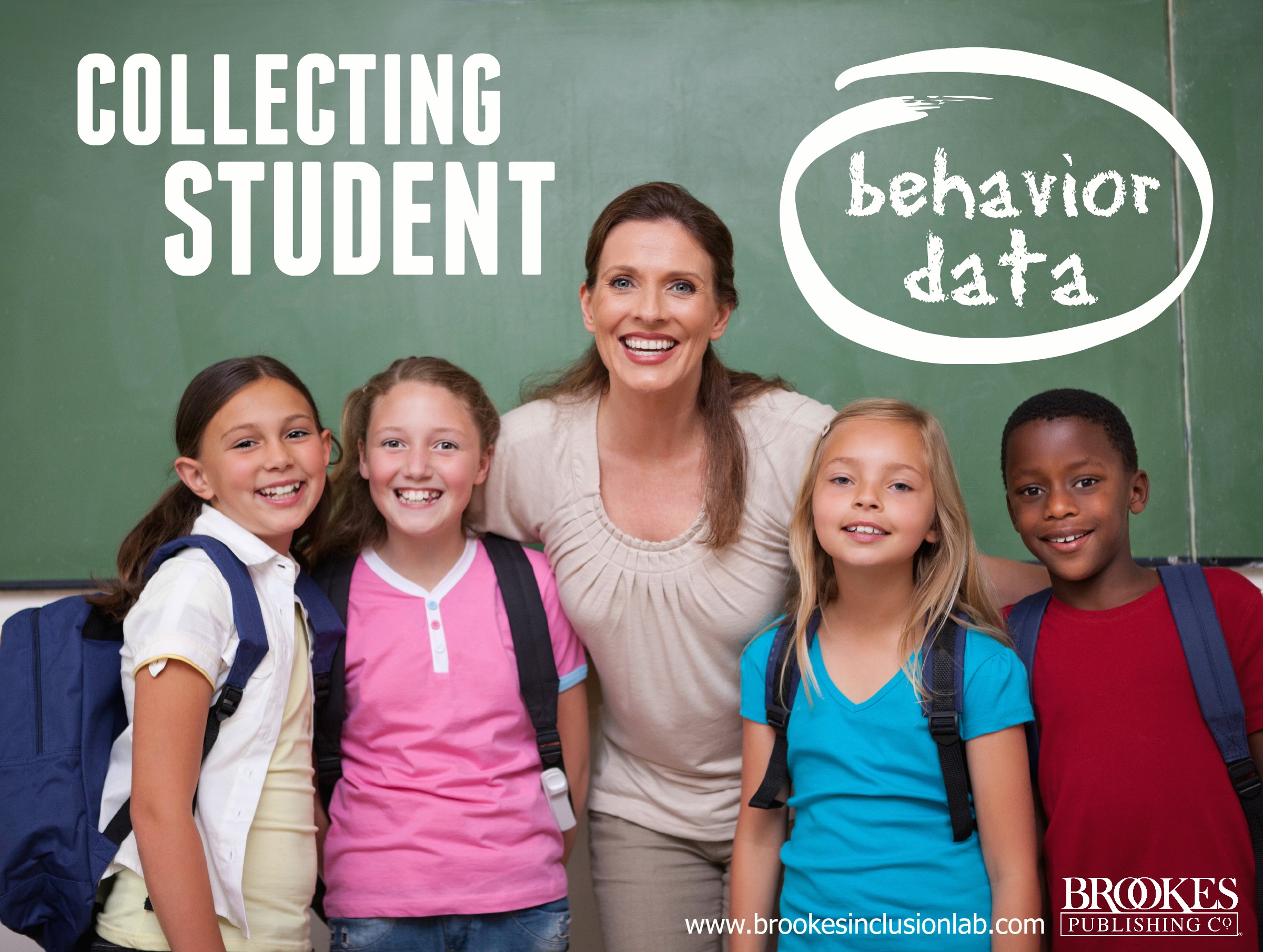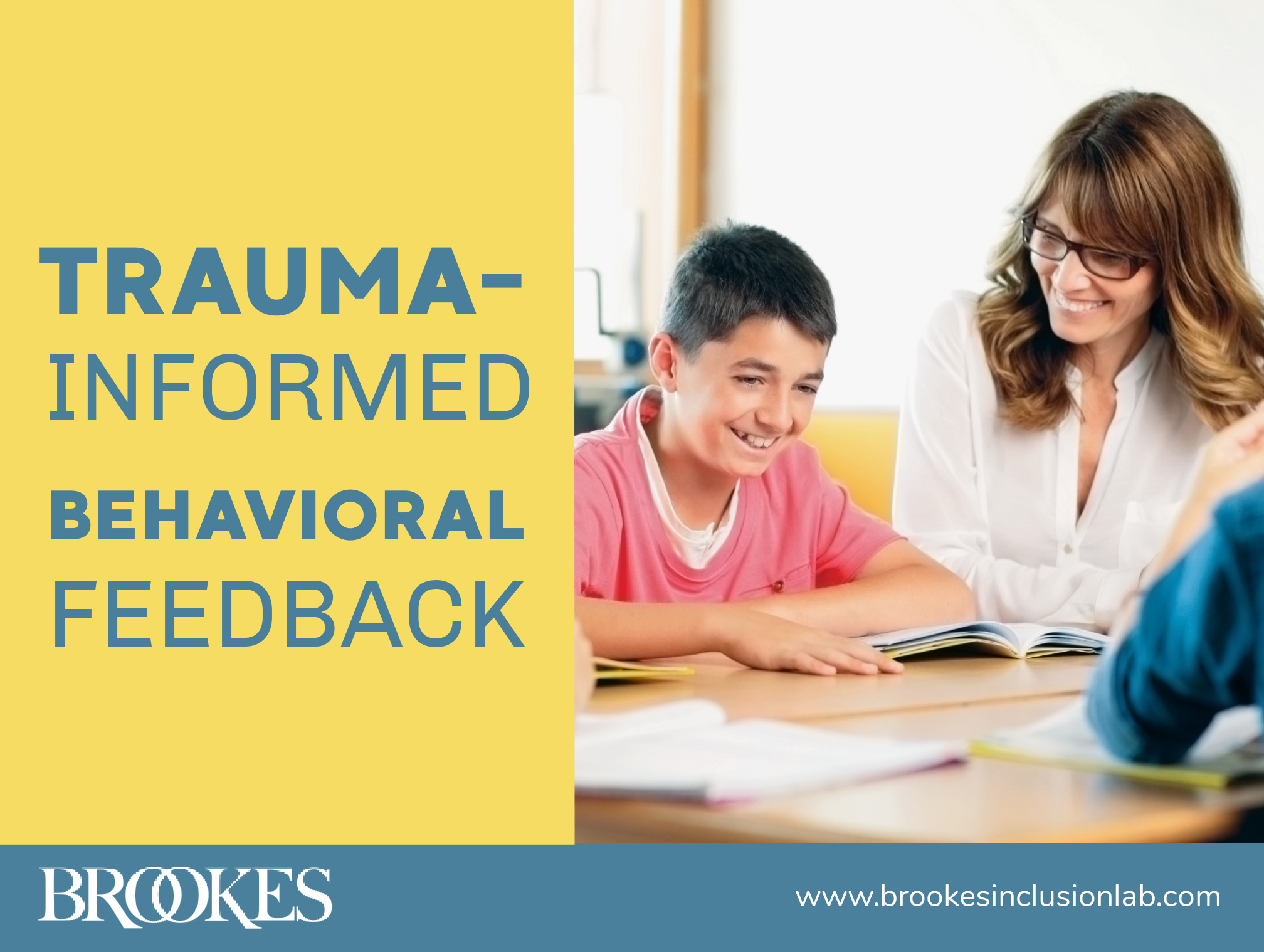10 Tips for Talking with Families of Students with Emotional & Behavioral Disorders
February 8, 2022
For students with serious emotional and/or behavioral disorders (EBD), a positive educational experience can make all the difference. A crucial part of supporting students with EBD at school is developing a strong partnership with their families—and that’s what today’s post is all about.
When a child has behavioral concerns that warrant a meeting with the teacher and/or other members of the school team, a parent may feel many things: anxious, fearful, defensive, even angry. As an educator, you can take action in several specific ways to reassure parents and lay the groundwork for a productive home-school partnership. Today we’re offering 10 tips—excerpted and adapted from the book Understanding and Supporting Students with Emotional and Behavioral Disorders by Vern Jones & Al Greenwood—that will help you respond effectively to parent or caregiver concerns, even if the caregiver arrives at your meeting feeling negative or confrontational.
Set the stage for safety. First, schedule a meeting in a setting where you feel safe and are able to obtain assistance. If you have reason to believe the parent or caregiver may become confrontational, you may want to schedule the meeting to include an administrator or counselor.
Present a pleasant, calm, and professional manner. It’s more difficult for caregivers to remain critical or aggressive if you seem pleased to see them and encourage their involvement and contributions. Greet caregivers warmly, look at them during the meeting, and remain calm throughout. Just as students respond more effectively to teachers who stay calm and in charge during a crisis, caregivers also need the structure provided by a calm response.
Be genuinely interested and listen carefully. This attitude also helps the caregiver feel accepted and will gradually reduce negative or intense feelings. A primary goal should be to make sure the caregiver feels valued and heard. This will help them replace angry or frightened feelings with more positive and productive feelings.
Set a time limit if necessary. If your time is limited, it’s important to inform the caregiver ahead of time. At the beginning of the meeting, say, “I have 20 minutes before I have to be back with my class. Let’s see how far we can get in reaching your goals in this time. If we need more time, I’ll be glad to schedule another conference as soon as possible.” Setting a time limit is a also a good way to manage meeting participants who become invested in the conflict and may lose sight of the best interests of the student.
Help turn concerns into goals. If a conference begins with a confrontation from the caregiver, confirm your understanding of their concerns. Say something like, “I appreciate your concern. What would you like to accomplish with our discussion today?” This will help you establish a structure aimed at reaching an agreement with the caregiver. You’ll help focus the caregiver’s energy and move the meeting away from a gripe session and into a goal-oriented, productive problem-solving conference. To enhance the likelihood of a positive resolution to the meeting, aim to answer the question, “How can we work together toward an agreed-upon goal?”
Be honest. When you’re meeting face to face with a caregiver, it can be tempting to understate the seriousness of a problem or to accept too much responsibility for an issue that is primarily something the student must work on. Maintain your professional integrity and set the stage for future conferences by presenting an honest and clear statement of the problem.
Ask caregivers about the student’s awareness of the problem. Because the student is the most important person involved, it’s important to clarify what the student thinks and how they feel about the issue being raised in the meeting. This helps introduce the issue of the student’s responsibility for their actions.
Emphasize specific data. Data is one of your best professional tools and your best defense. If a caregiver states that the student behaves well at home and there should be no reason for them to have difficulty in your classroom, the most logical and effective approach is to examine the data you’ve recorded about the student’s behaviors and your interventions to support the student. (The same concept applies to the caregiver’s concerns regarding the student’s academic progress.)
Tell caregivers what will be done to address the issue. Caregivers have a right to know what you plan to do to alleviate a difficulty. Even if they’re initially somewhat critical or skeptical, caregivers can become solid supporters of the staff and program when you’ve listened to them, shown them the data, and outlined a solid plan to assist their child.
Share examples. If it applies and you’re comfortable doing this, you may want to share examples of how you have faced similar situations. It’s helpful for caregivers of students with EBD to understand they are not alone in experiencing their concerns and frustrations. Sharing similar situations from your own experience may reduce the caregiver’s sense of being blamed for their child’s behavior, and this may help them view you as a partner in supporting the student.
Providing a supportive educational experience for students with EBD requires good, productive communication between school and home. Keep these 10 guidelines in mind as you plan a meeting with caregivers, and turn to the book behind today’s post for more guidance on creating K–12 learning environments that help students with EBD thrive.

Understanding and Supporting Students with Emotional and Behavioral Disorders
By Vern Jones, Ph.D., & Al (Skip) Greenwood, Ph.D.
Get a deep understanding of the key issues associated with EBD and practical, trauma-informed approaches for working with these students in a variety of settings, from general education classrooms to specialized intervention programs. Special features such as chapter outcomes, summaries, reflection activities, forms, and sample lessons help you implement the concepts and methods. (Also included is a complete package of online companion materials for faculty.)
Stay up to date on the latest posts, news, strategies, and more!
Sign up for one of our FREE newslettersTopics
More posts like this

6 Ways to Collect Data on Your Students’ Behavior
February 27, 2018
10 Positive Ways to Assess and Support Students with Behavior Challenges
September 28, 2021

Write a Comment
Your email address will not be published. Required fields are marked *
Post a Comment